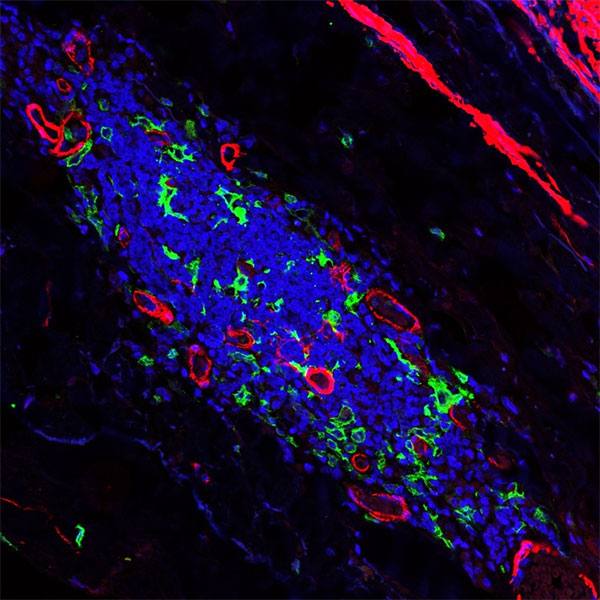-
Reversing Aging in Mice: A New Drug Target
The metabolic process is a fine balance of supply and demand and one that is controlled in part by enzymes that prompt the necessary chemical processes between cells. When that balance is upset, the body begins to malfunction at multiple levels, from cells to organs.

In mice, that balancing act is in part mediated by a molecule called nicotinamide adenine dinucleotide or NAD+. Recent research by multiple labs have shown that a reduction in the levels of the NAD+ coenzyme results in a decline in healthy cellular metabolism – that, in turn, results in the familiar signs of aging. The mouse begins to lose muscle tone, exercise capacity, glucose tolerance and heart function. In 2016 a group of Mayo Clinic investigators discovered that the enzyme CD38 is at least in part responsible for the age-related NAD+ decline and age-related metabolic dysfunction in mice.
Now Mayo Clinic researcher Eduardo Chini, M.D., Ph.D., his team and several collaborators, have shown that a small molecule drug can counter age-related-NAD+ decline and restore healthy function to the mice. Called 78c, it inhibits CD38, a specific enzyme involved on the NAD degradation pathway, leading to the inhibition of a number of pathways that limit the animal’s health span, as well as reducing DNA damage, the cause of cell aging.
The researchers say that the actions of this CD38 inhibitory drug make it a likely target in drug development to halt or reverse age-related decline, metabolic dysfunction, and possible age-related diseases. The findings, published in Cell Metabolism, demonstrate a possible approach that might be taken one day to control aging effects and other unmet needs in patients. Again, this work is in early stages; much more research is needed going forward.







